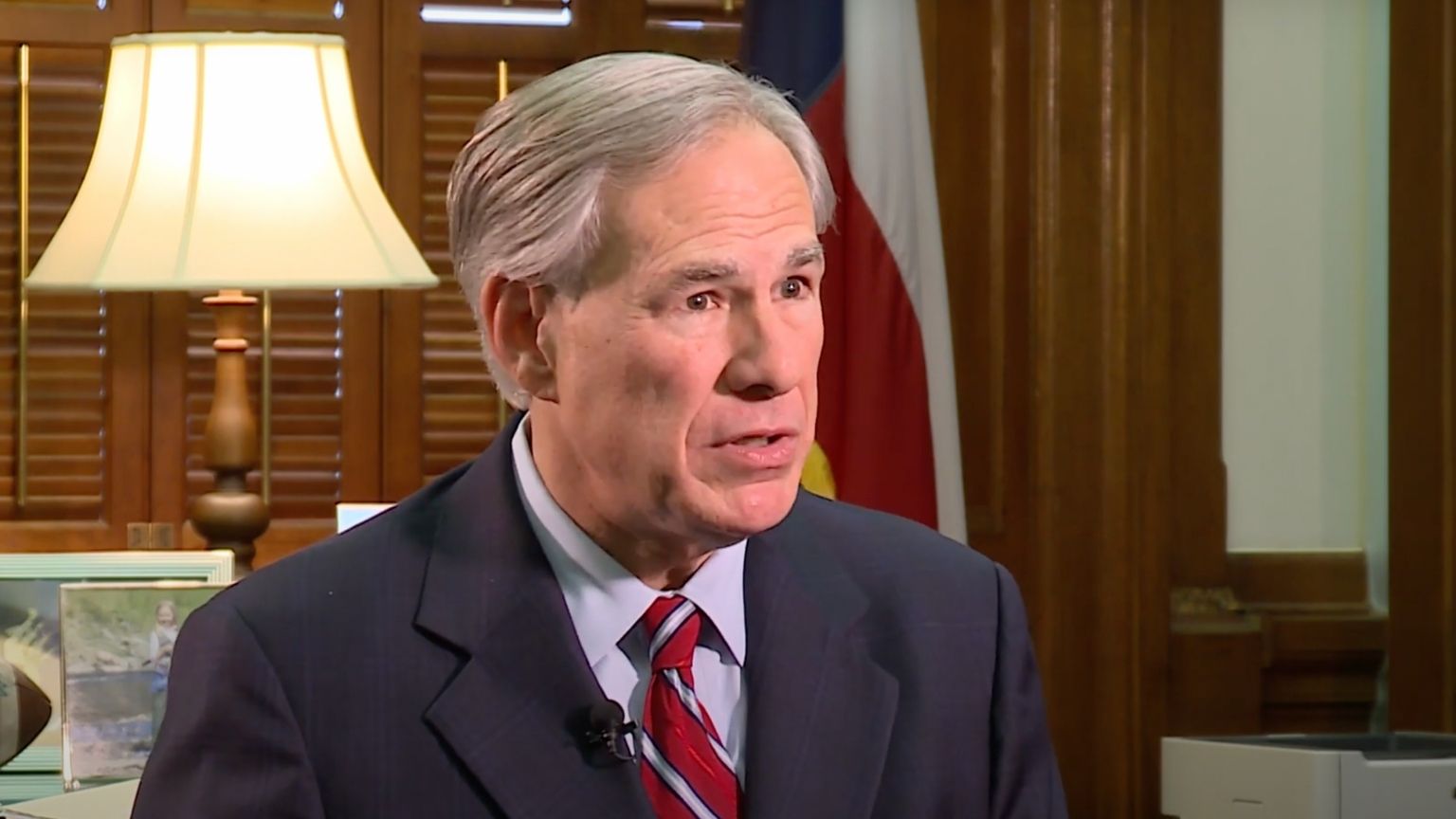Big Tech platforms, including YouTube, Facebook, and Twitter, plan to fight back against Texas’ newly passed law that prohibits censorship based on political views. The platforms managed to halt the enforcement of a similar law in Florida.
On Thursday, Texas Gov. Greg Abbott signed a law banning social media companies from censoring Texans based on political views. In a press conference, the governor said there was a “dangerous movement by some social media companies to silence conservative ideas and values.”
“This is wrong and we will not allow it in Texas,” Abbott added.
Trade groups representing Big Tech platforms have said they will challenge the law in court like they did a similar law in Florida. A federal judge blocked the state of Florida from enforcing the law.
“The same outcome will almost certainly occur in Texas,” said Steve DelBianco, the president of Netchoice, a technology trade group.
“Moderation of user posts is crucial to keeping the internet safe for Texas families, but this bill would put the Texas government in charge of content policies,” DelBianco added.
Under the new law, Texans would be able to sue social media companies if they feel they were unfairly censored. The state attorney general could also sue companies on the behalf of residents.
The social media companies might argue that the law violates their First Amendment, that they have a right to moderate the content they deem harmful.
While debating the law, Democrat state legislators warned that the new law would prevent platforms from removing “harmful” content. The amendments they proposed to stop that from happening were voted out by Republicans.
“Forcing social media platforms to stop moderating content, whether it’s misinformation or hate speech, is going to have real world consequences,” said Adam Kovacevich, CEO of Chamber of Progress, a tech industry coalition that includes Facebook and Google.
“What’s said online doesn’t just stay online, it spills over into people’s lives and impacts our health, our democracy, and our communities,” Kovacevich added in a statement to USA TODAY.
Others have praised the passage of the law.
“Texas’ new law, House Bill 20, is a paramount move taken by Lone Star legislators to protect the free speech rights of their constituents,” said Samantha Fillmore, state government relations manager for conservative think tank The Heartland Institute.
“There is no question that big tech is integral to free speech in today’s day and age,” she said. “Because of this, Big Tech can no longer unilaterally decide who can say what without being held accountable.”
The move by the Texas legislature might inspire other states to pass similar laws.
“This move by Texas, a heavy hitter in national politics, is likely to inspire other states to take such measures to show their citizens that America is, and will continue to be, a place for free thought, speech, and expression,” Fillmore said.










